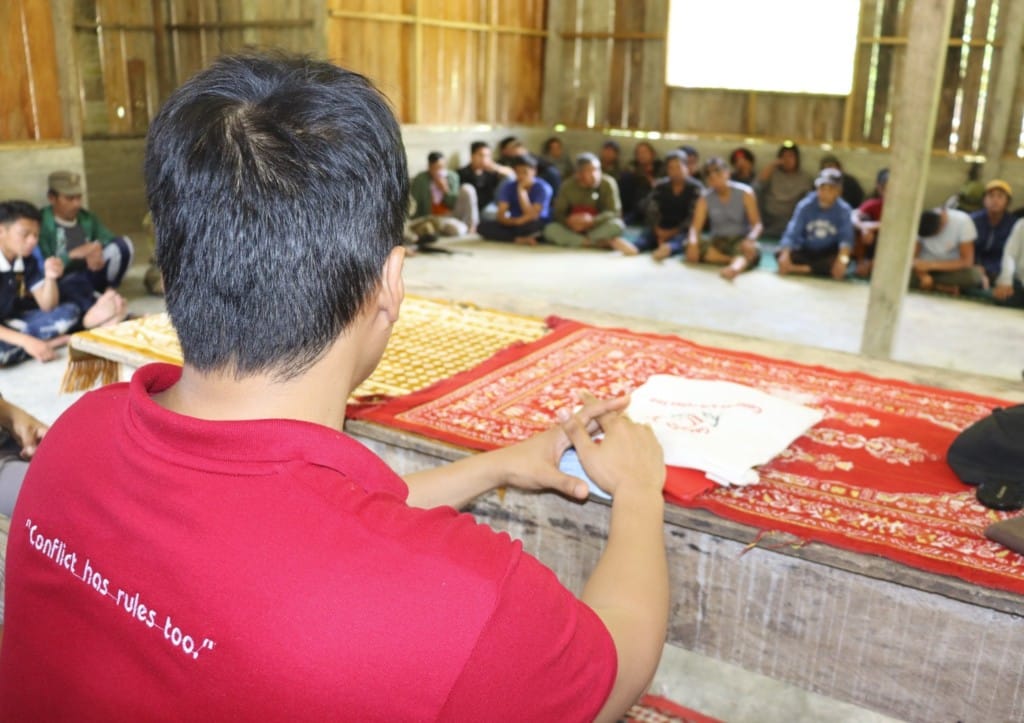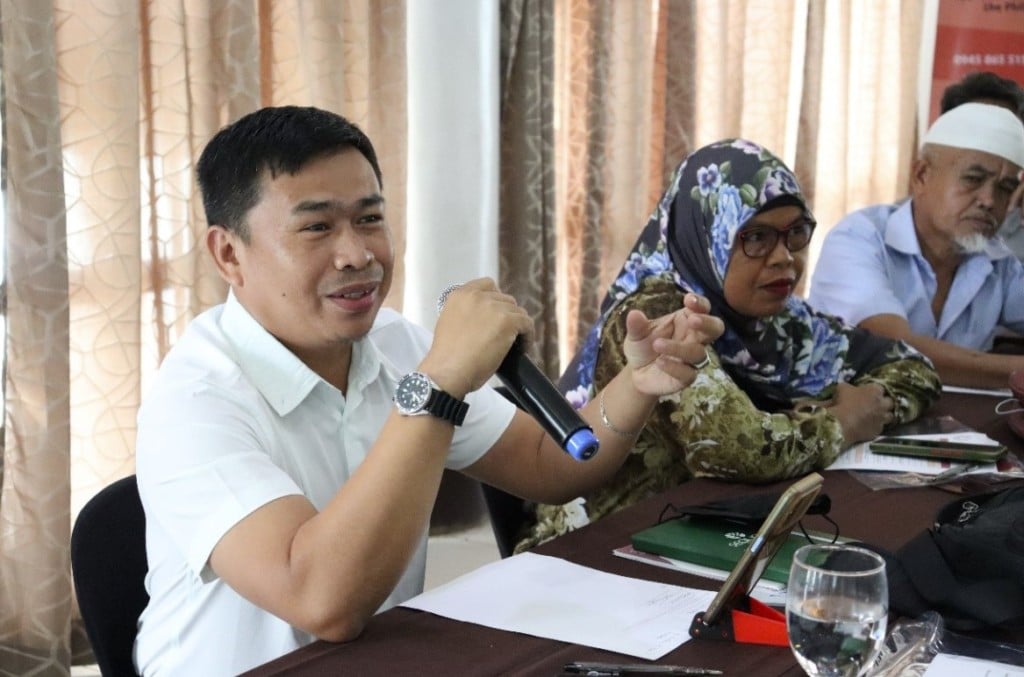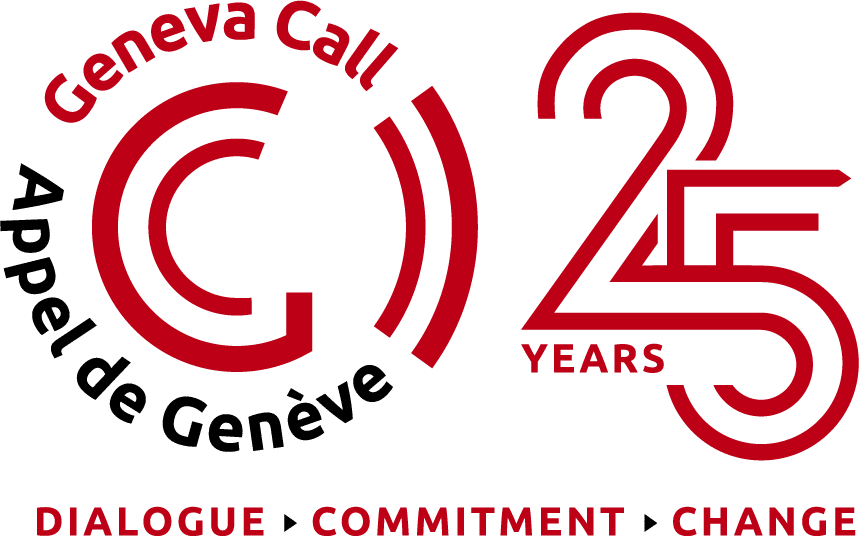
Breaking the cycle of violence: Culturally grounded solutions for clan conflicts in Mindanao
31 October 2024
Efforts to codify local rido or clan feud norms into a set of guidelines grounded in cultural and religious principles have become a cornerstone of reducing the impact of violent clan conflicts in the Bangsamoro Autonomous Region in Muslim Mindanao (BARMM), a region of the Philippines.
Clan feuds are deeply entrenched in the culture in the Bangsamoro region, and these conflicts have long disrupted peace and stability. Fueled by political and family rivalries, rido presents a significant challenge to the region’s transition to a post-conflict society and is now the leading source of armed clashes. Geneva Call recognized the need to address this issue and collaborated with local stakeholders to codify rido norms for three key Bangsamoro ethnolinguistic groups.
The codified rido norms for these three ethnolinguistic groups – Maguindanaoan, Iranun, and M’ranao – aim to influence the behavior of feuding parties, encouraging them to reduce violence and protect communities.
The initiative was supported by the Peace, Security, and Reconciliation Office (PSRO), a newly formed agency in the BARMM, dedicated to preventing and settling rido conflicts, particularly among members of the Moro Islamic Liberation Front (MILF).

“The introduction of these codified norms has had a profound impact on the behavior of armed groups and other parties involved in rido as the frequency of violent acts has slowed,” said Mr. Dhen Pandita, a Peace Program Officer with PSRO. “Armed groups, including those within MILF, have begun to recognize that many acts committed during rido were prohibited in Islamic teaching and the Qur’an. This realization has led to a noticeable shift in their approach to conflicts, with more emphasis put on protecting non-combatants and respecting communities.”
Pandita also highlighted the emotional and psychological impact of the rido norms on those involved in the conflicts. “Some regretted, cried, and realized that what they had done was wrong,” he said, describing how these norms have prompted self-reflection among combatants. This change in behavior, rooted in respect for cultural and religious principles, has marked a significant step forward in reducing the destructive cycles of violence that have plagued the region.
For Geneva Call, this work entailed extensive collaboration and engagement with local communities and armed actors to ensure that the codified norms were not only culturally relevant but also legitimate. “Codifying rido norms is part of Geneva Call’s broader strategy for local ownership of norms by armed groups, by engaging them with tools that resonate with their cultural and religious values,” said Alex Virtanen, Country Director for the Philippines. “This initiative in Mindanao reflects our commitment to reducing violence by fostering respect for humanitarian principles rooted in international as well as local customary norms.”
Despite ongoing challenges, the codified rido norms have already shown promise in reducing violence and protecting communities in Mindanao. Geneva Call, along with its partners, remains committed to strengthening these efforts, particularly as the region prepares for its first regional election in 2025.
Read a more detailed version of this article here.
